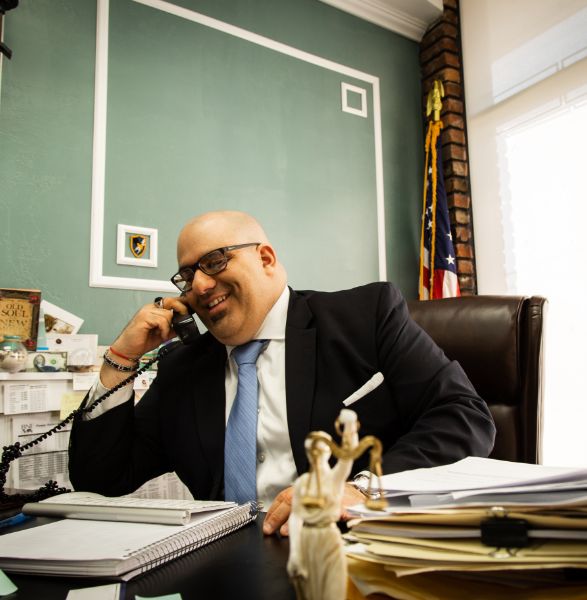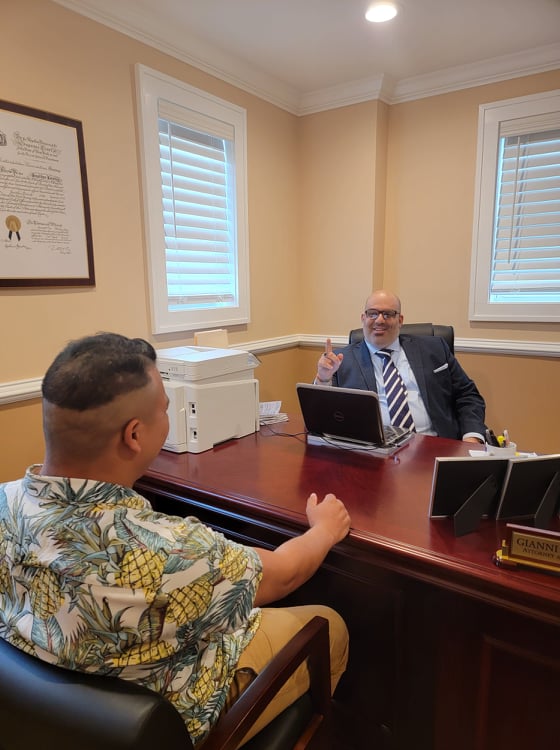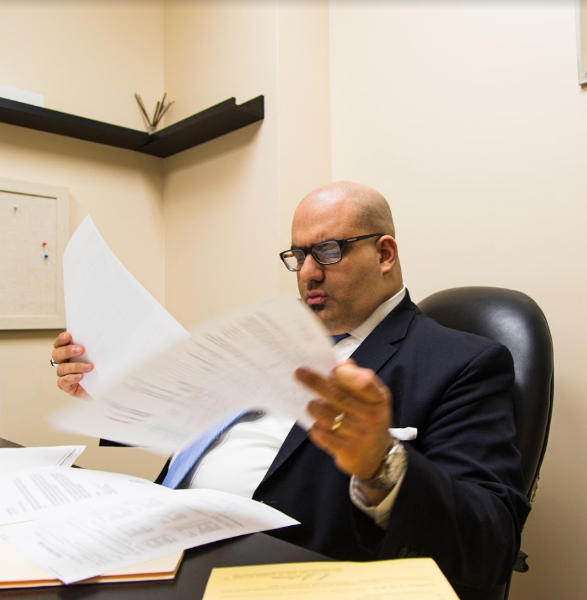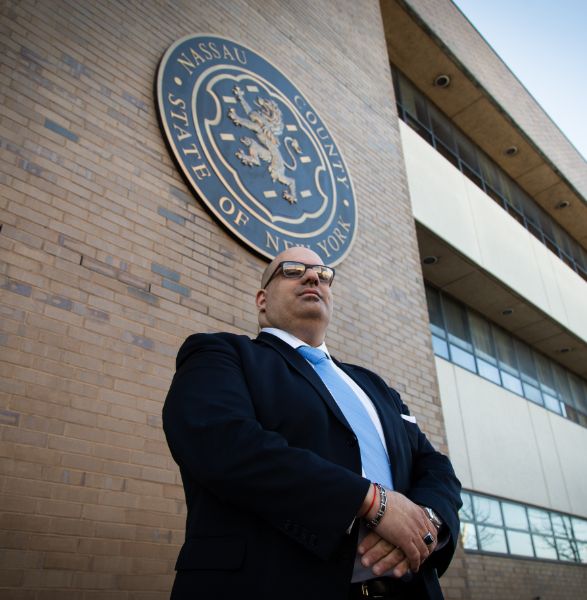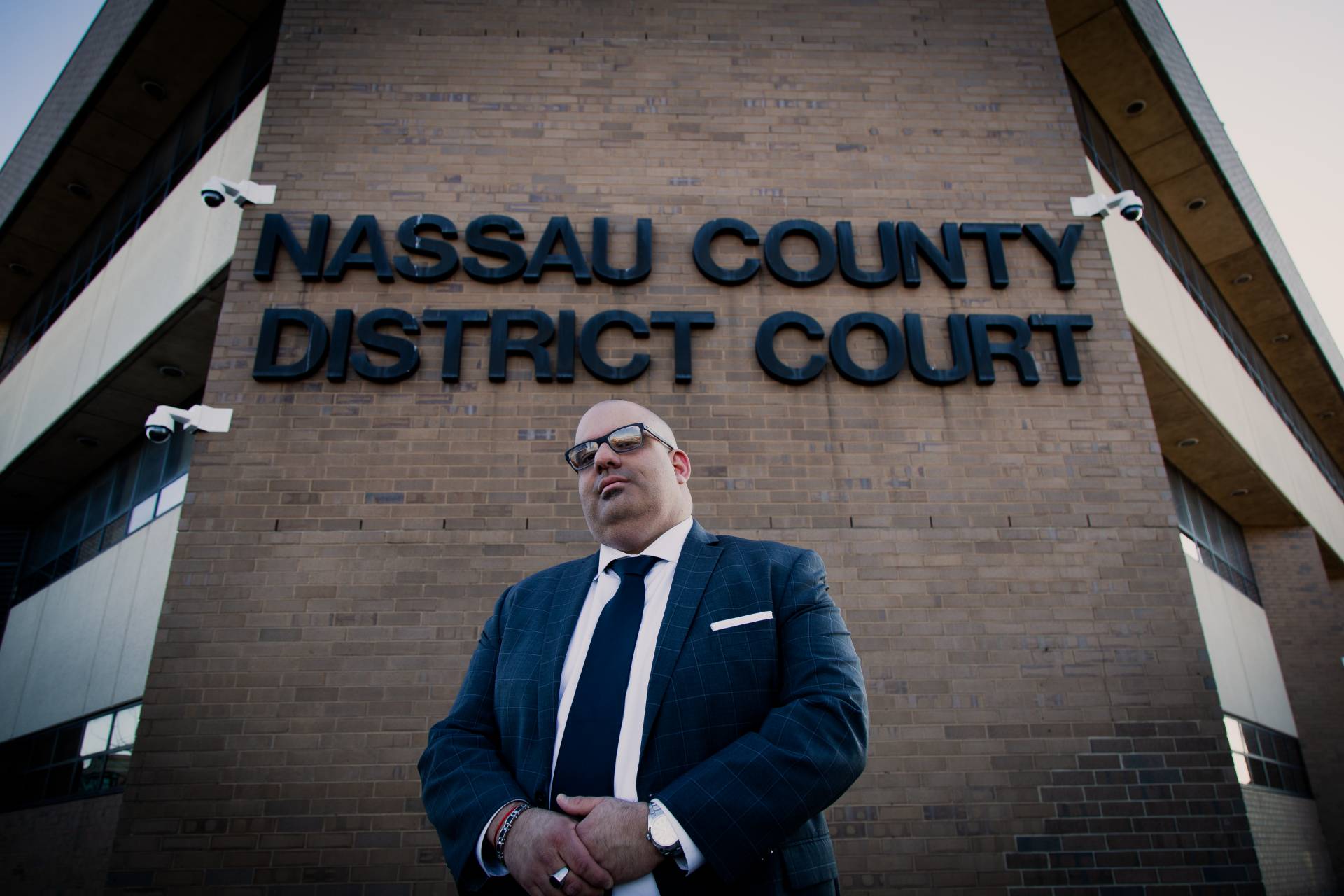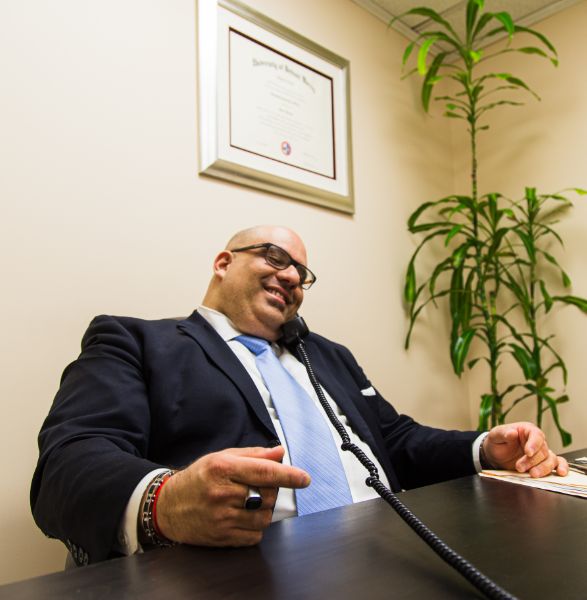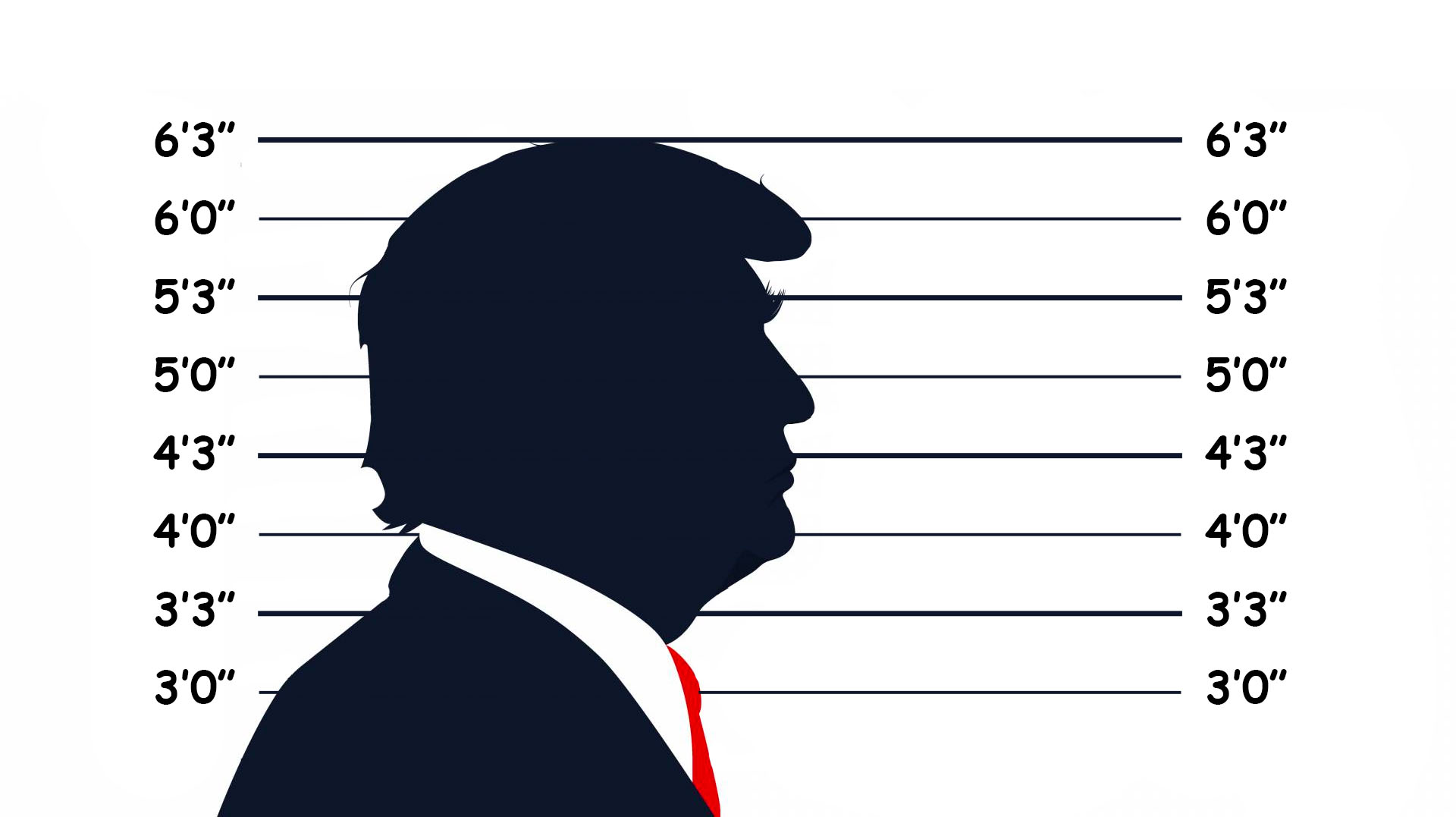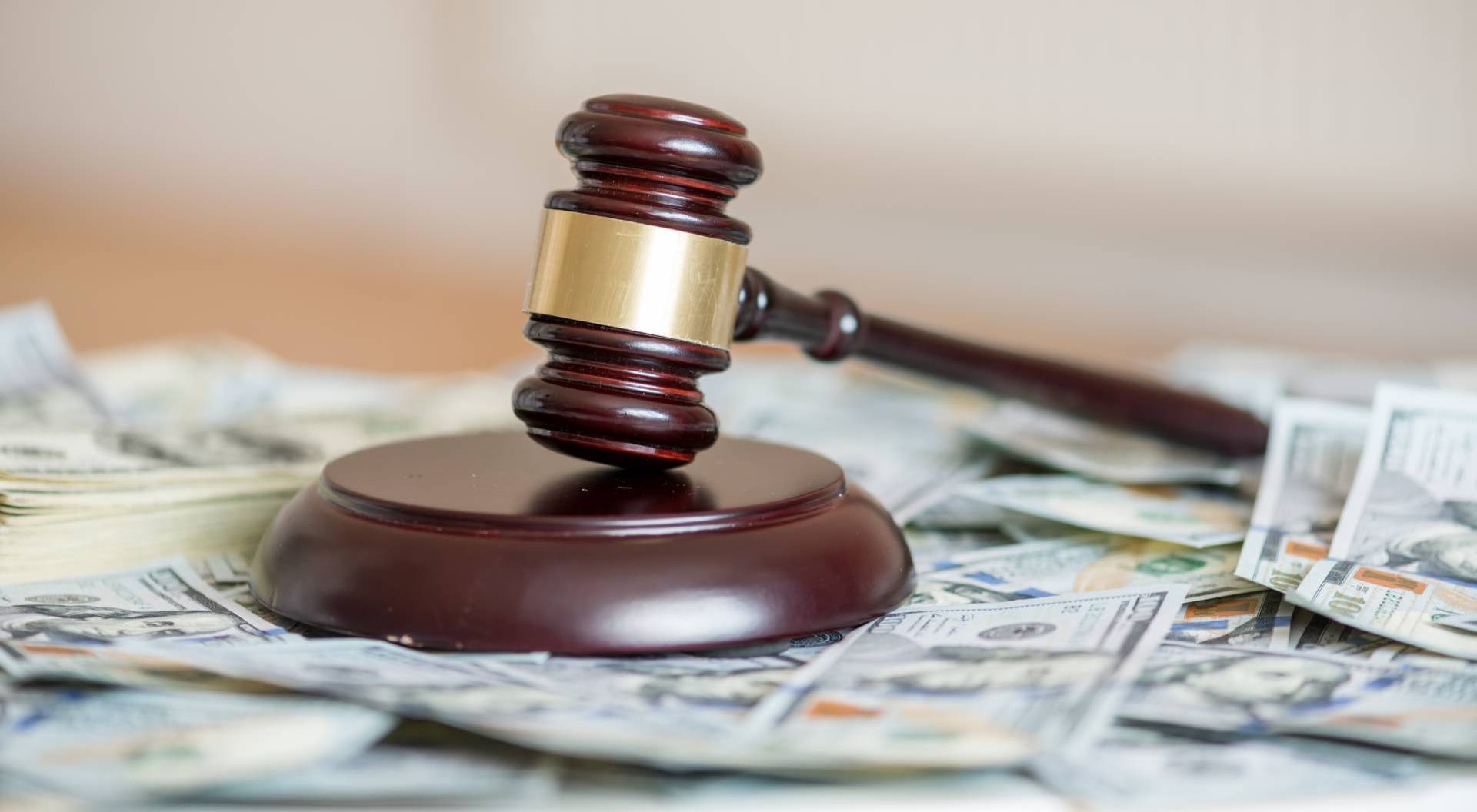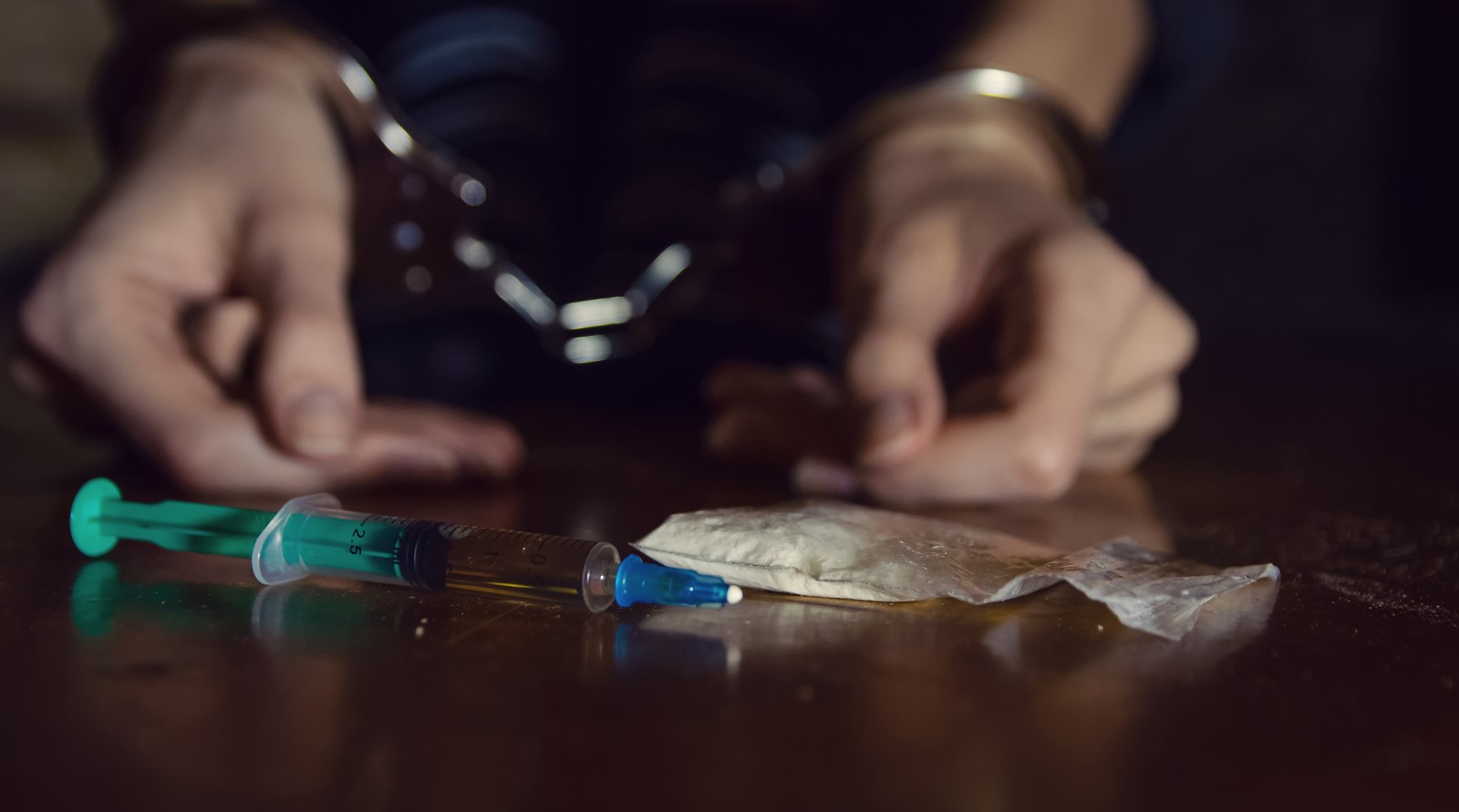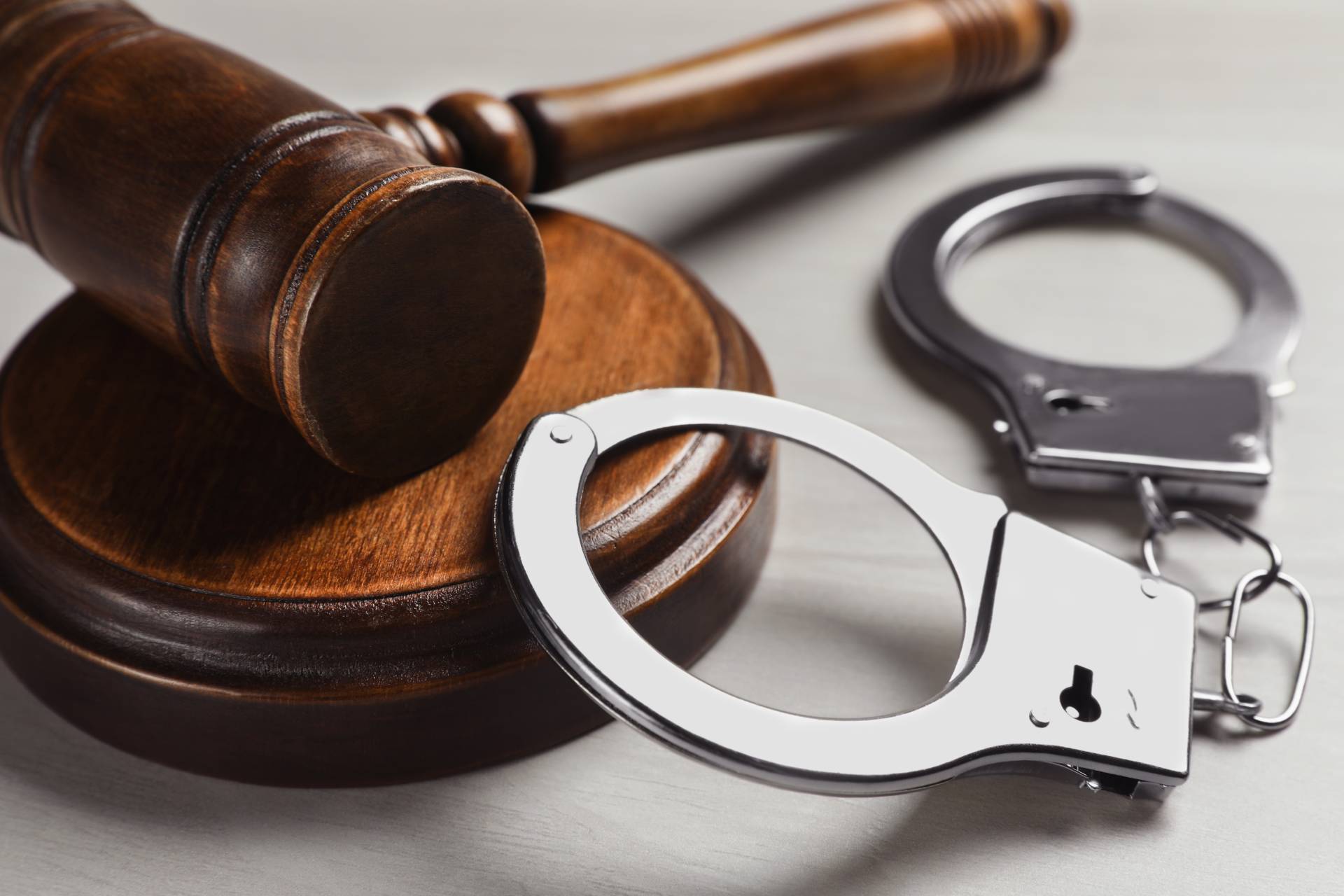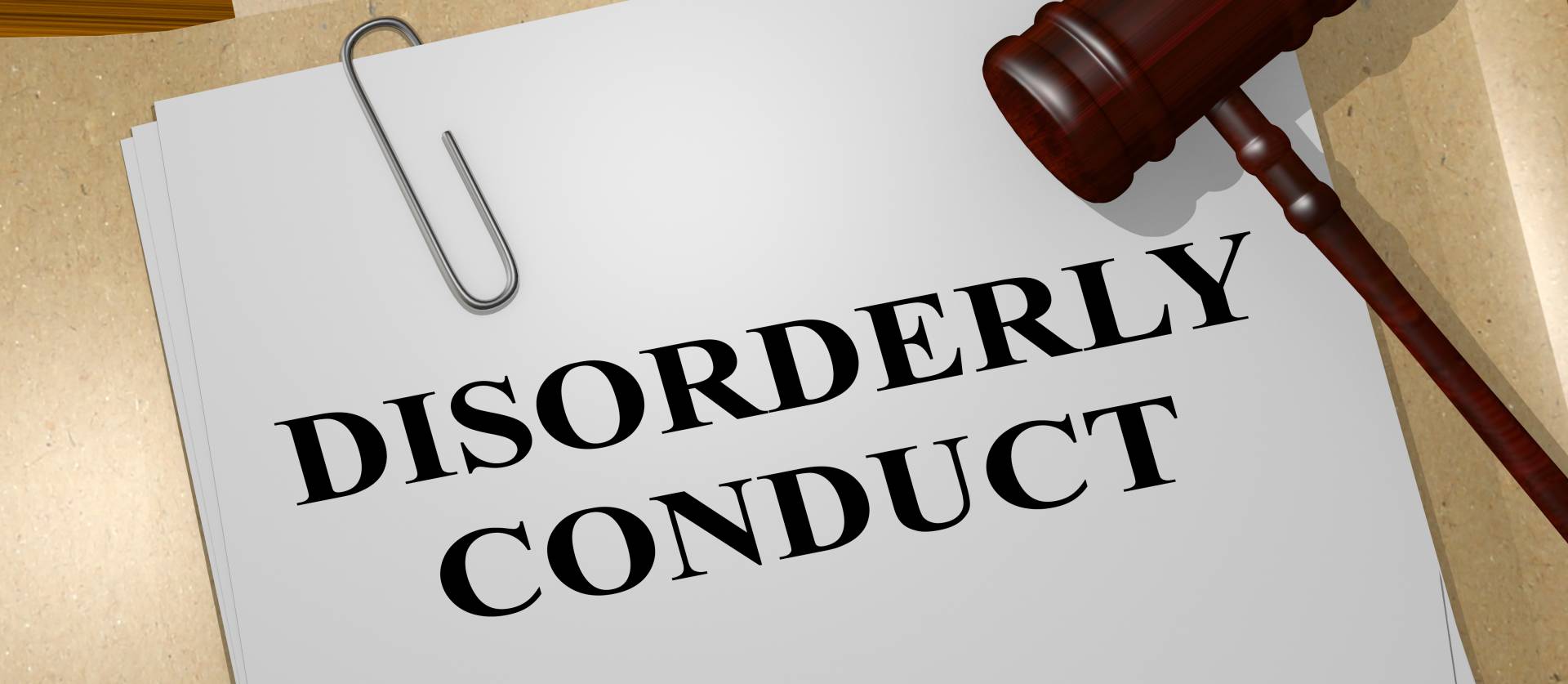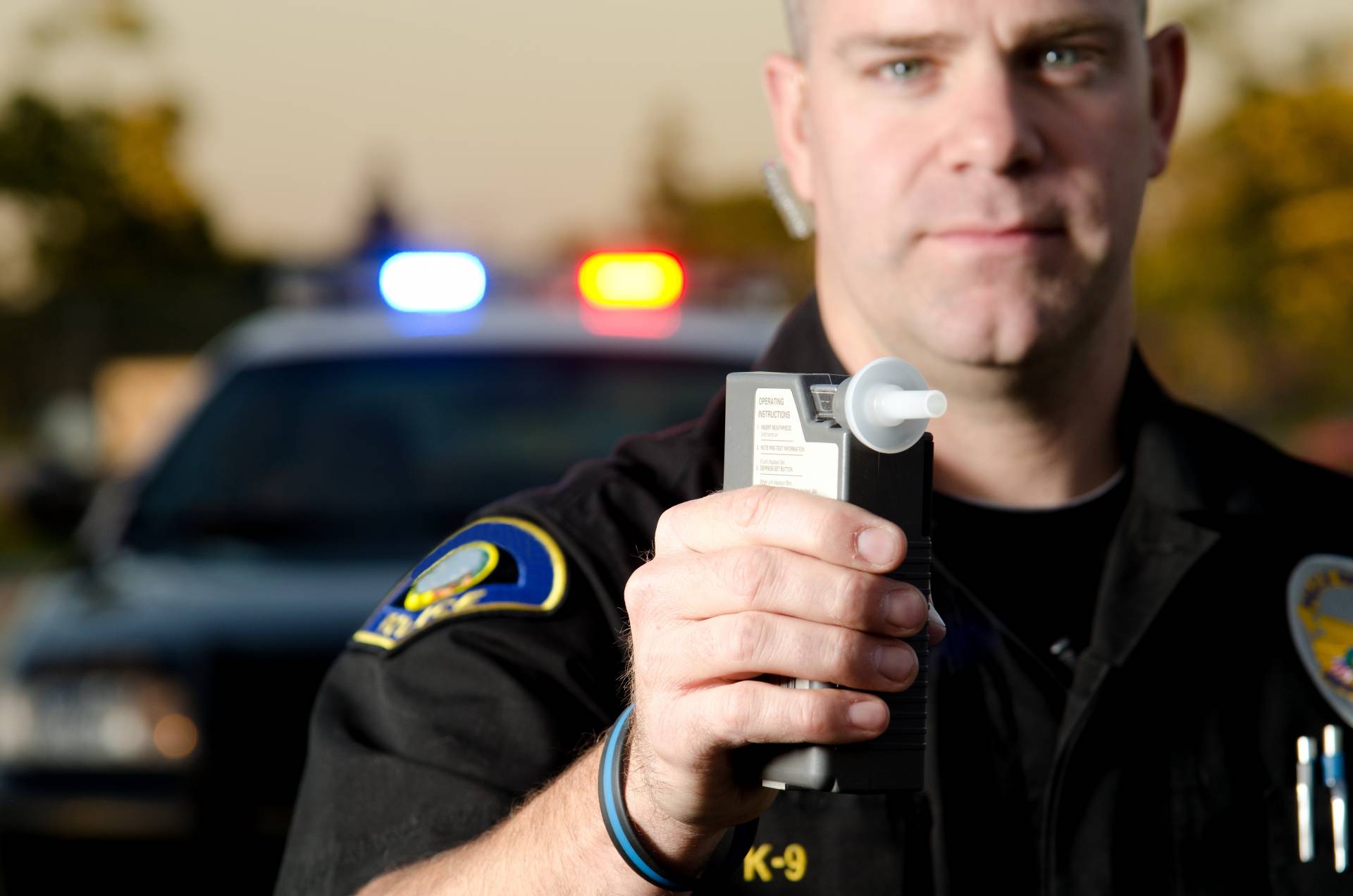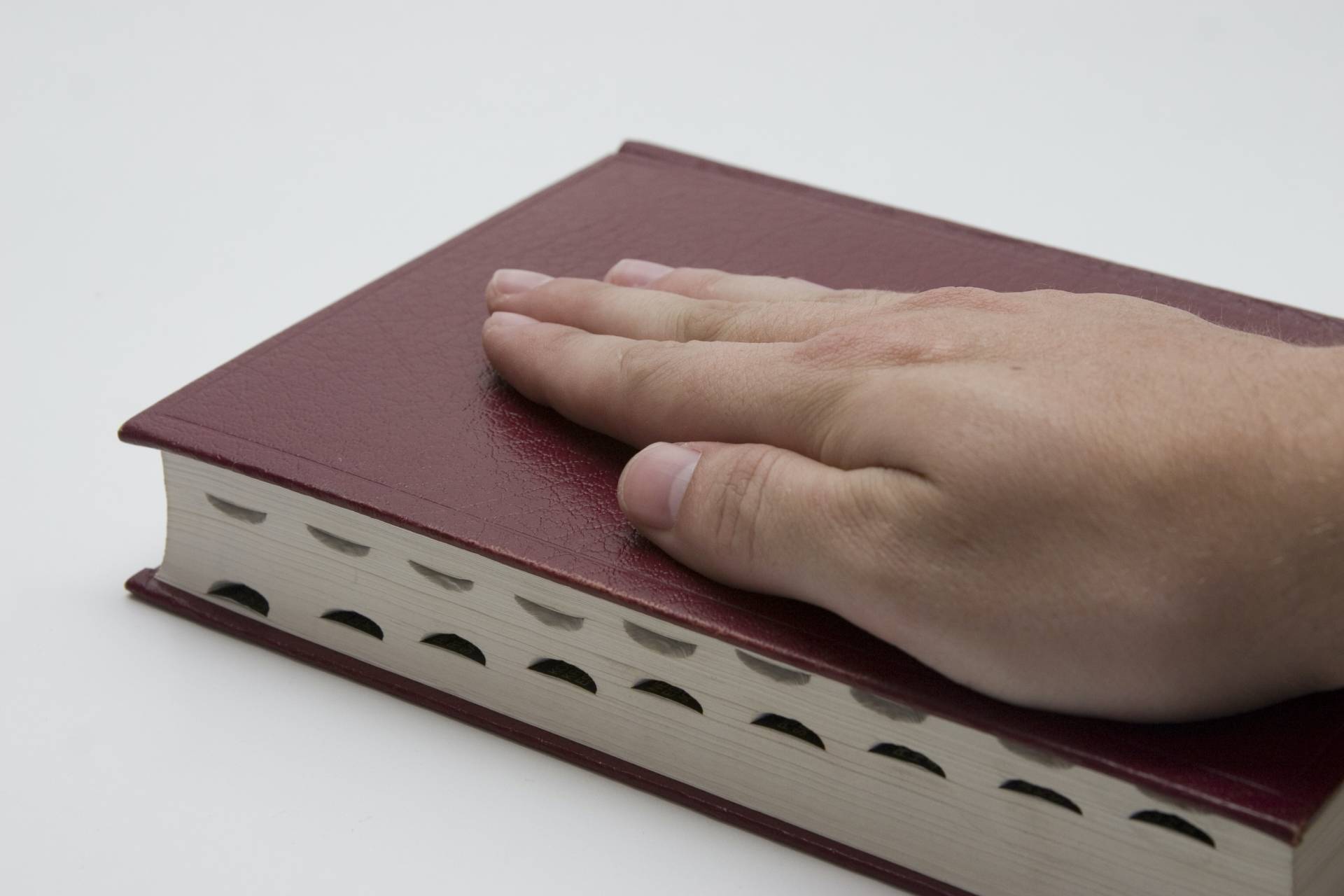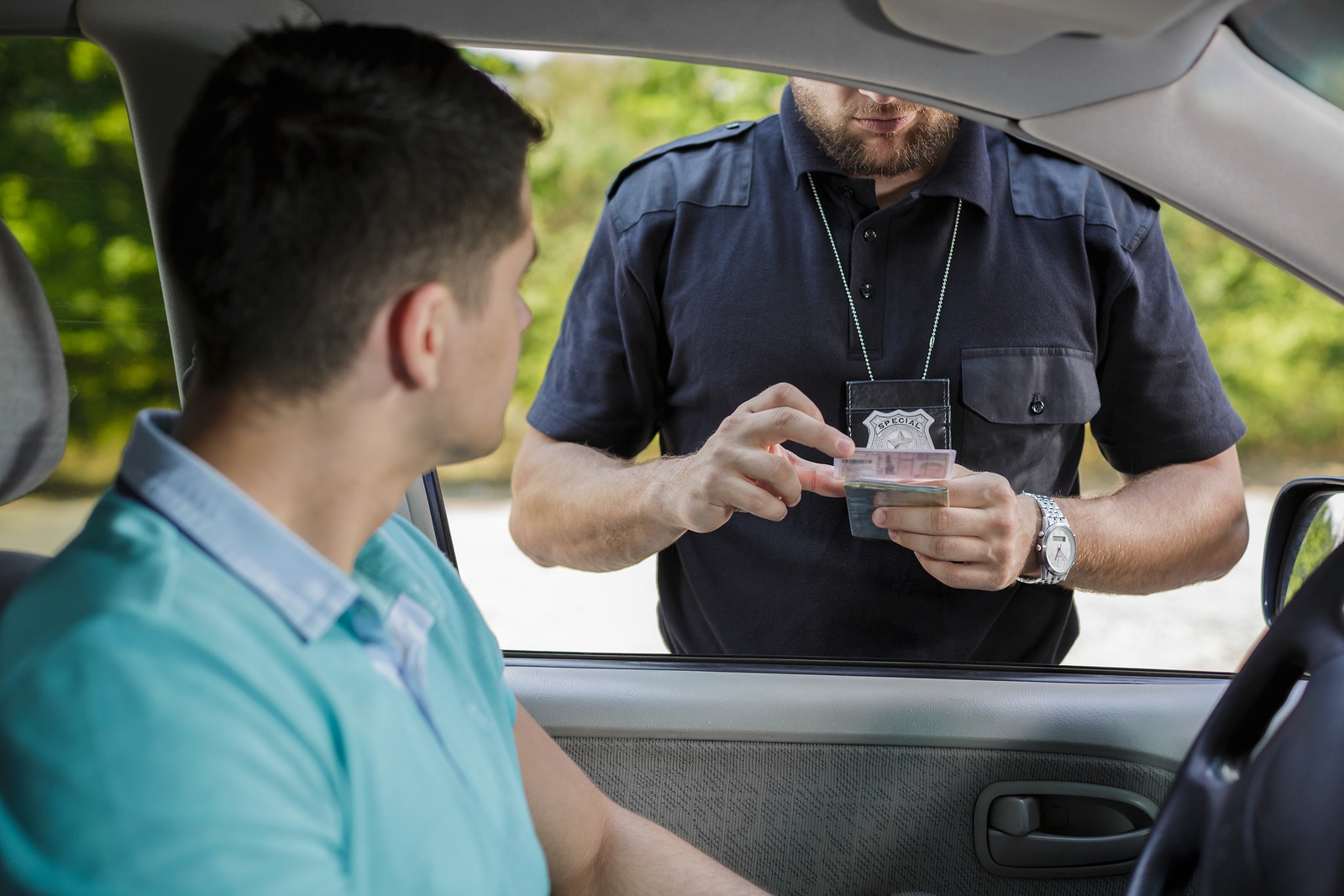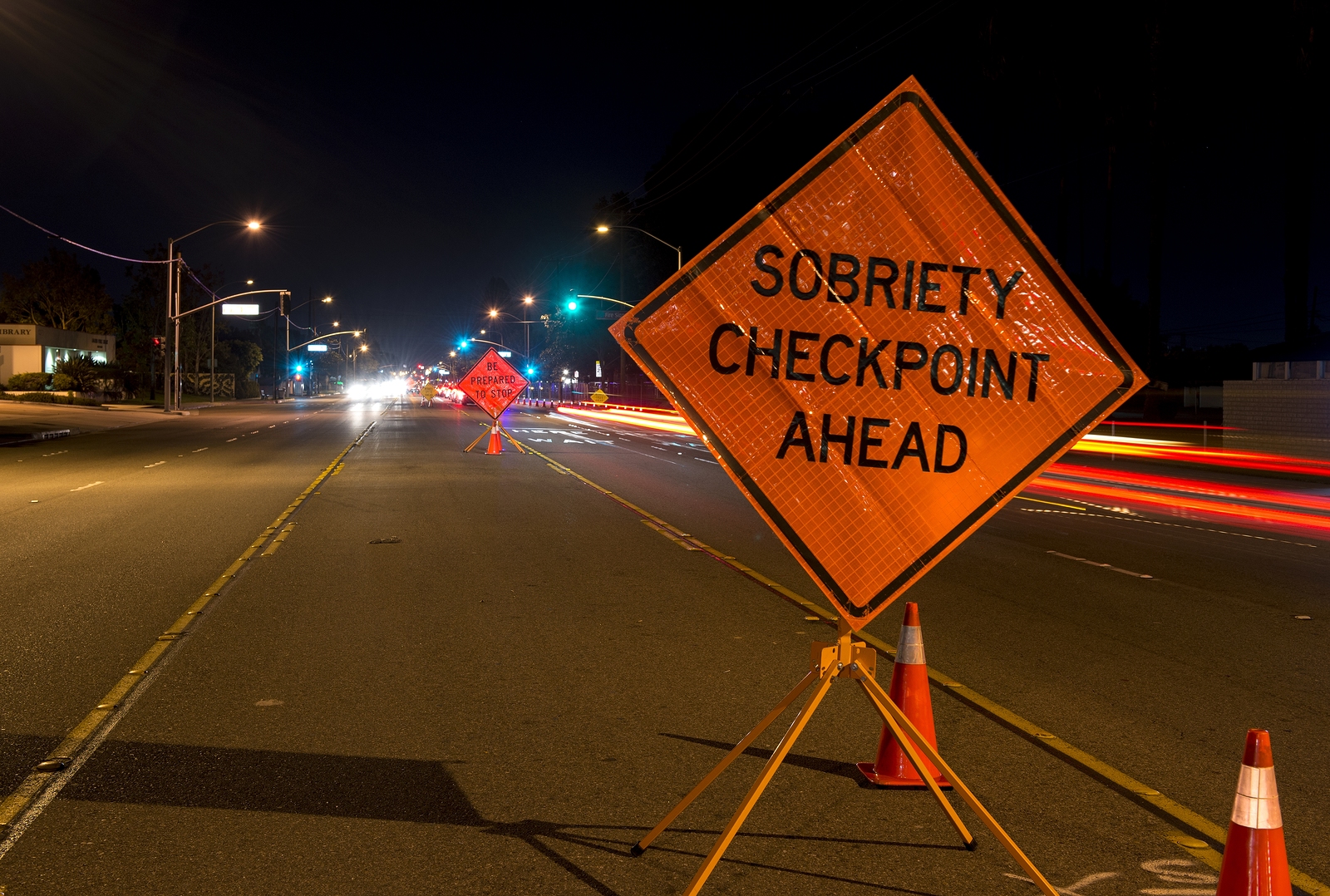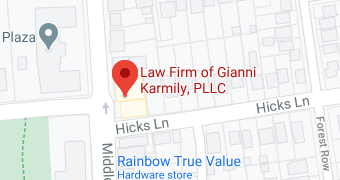

E.G.
Long Island,
NY


Long Island Criminal Defense Lawyer Protecting the Rights of the Accused
There’s a lot on the line in every criminal case. A conviction can impact your personal relationships, career, finances, and every other aspect of your life. The best way to protect your future is to fight your charges with the help of Nassau County criminal defense lawyer Gianni Karmily. Mr. Karmily is passionate about helping the accused fight for their freedom. Let him work tirelessly to reach the best possible outcome in your case.
Have you been arrested or issued a desk appearance ticket? If so, it is of utmost importance to hire a criminal defense attorney who is familiar with the criminal justice system and well-versed in New York Penal Law Code, Criminal Procedure Law (CPL), and Vehicle & Traffic Law (VTL). Our team is committed to defending the rights of people who are accused of committing felonies, misdemeanors, or violations. Call to schedule a free consultation today.
How May We Help You?
What is the Role of A Criminal Defense Attorney?
Your Nassau County, Long Island criminal defense attorney will take on a number of responsibilities in your case. A defense attorney will carefully review the details of your case, help you understand your charges, and explain your legal options.
Then, your attorney will conduct an investigation to gather information that can be used to strengthen your case. This may involve interviewing eyewitnesses, working with expert witnesses, reviewing police reports, and ordering forensic testing. During this stage, your criminal defense attorney may also analyze the state’s case to look for errors that could weaken their case. Your attorney will use the information collected during this investigation to fight your charges.
Our goal is to reach the best possible outcome in your case. Sometimes, this means agreeing to a plea bargain, whereas in other cases, it may be a complete dismissal of your charges. Either way, we will focus on working towards a favorable outcome.
How Can You Find the Right Criminal Lawyer For Your Case?
It’s important to take the time to find the right criminal defense attorney for your case. Look for an attorney who has successfully represented clients in cases that are similar to yours. For example, if you are facing shoplifting charges, it’s in your best interest to hire an attorney who has helped other clients get their shoplifting charges dismissed or reduced.
You should also find an attorney who has been recognized for legal excellence. Look for an attorney who has been honored by or received awards from local and national organizations. This is a sign that the attorney is respected by the legal community.
Finally, make sure you find an attorney who is passionate about defending your rights. Your future is on the line, so you need to hire a criminal defense attorney who will aggressively fight to reach the best possible outcome in your case.
About Gianni Karmily
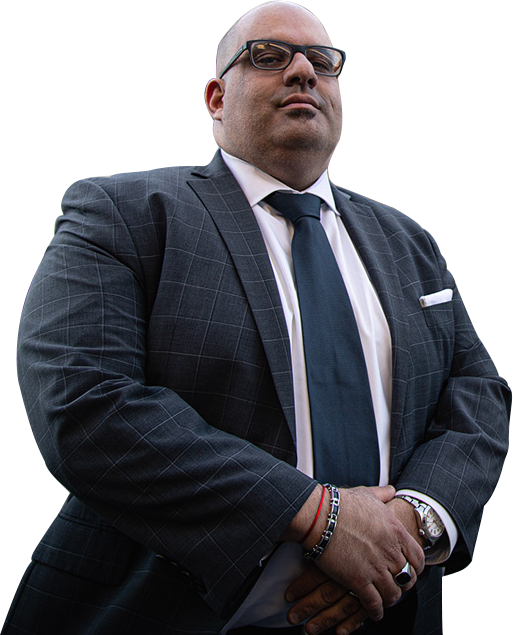
Gianni Karmily is a skilled criminal defense attorney who has dedicated his career to protecting the rights of the accused. Gianni has been honored by Super Lawyers as a Rising Star in Criminal Law for New York Metro from 2019 to 2023. Gianni understands that a criminal conviction can follow you around for the rest of your life, which is why he works tirelessly to help each of his clients clear their name. He is known for aggressively advocating for his clients, and is passionate about helping his clients secure their freedom.
From a young age, Gianni knew that he wanted to make a difference in the world. Now, he gets to live out this dream by being the voice for people on Long Island who have been accused of committing crimes. Let him defend your rights and fight to reach the best possible outcome in your case.
What Defense Strategies Can A Criminal Attorney Use to Beat Your Charges?
There are a number of defense strategies that a criminal defense attorney can use to beat your charges. Each criminal case is unique, so a strategy that works well in one case may not work well in another. Attorney Gianni Karmily will need to review the details of your case to determine the most effective defense strategy to use to secure your freedom.
Some of the factors that your attorney may consider when building a defense include the credibility of witnesses, the defendant’s alibi, the state’s strategy, the defendant’s prior record, the strength and reliability of the evidence against the defendant, and the amount of physical evidence. Your attorney will also need to determine whether the authorities made crucial errors during their investigation that could affect their credibility and weaken their case.
When Should You Contact A Criminal Defense Lawyer on Long Island?
Many people aren’t sure when it’s necessary to contact a criminal defense lawyer. They may think that there’s no need to hire an attorney because their charges aren’t that serious. Don’t make this assumption. Every criminal charge can lead to serious penalties, so every criminal charge should be taken seriously.
It’s in your best interest to seek legal representation from a criminal defense attorney as soon as possible following your arrest. The longer you wait to contact an attorney, the harder it may be for your attorney to fight your charges. Do not make any major decisions until you have spoken to a criminal defense attorney about your case.
Sometimes, you may need an attorney before you are arrested. If you are under investigation, seek legal representation right away. Do not wait to see if the authorities decide to file charges—get the legal help and protection you need now.
Client Reviews
How Much Do Criminal Defense Attorneys Cost?
One of the first questions that may cross your mind is, “How much will a criminal defense lawyer cost?” The answer to this question can vary depending on a number of factors, including the complexity of the case, the severity of the criminal charges, and the attorney’s experience in criminal law.
More complex cases involving serious crimes will require more of your attorney’s time, which means these cases will typically cost more than less serious offenses.
Criminal defense attorneys usually charge flat fees for their legal services. Most attorneys charge a flat fee to handle pre-litigation matters and another flat fee if the case goes to hearings or trial.
Criminal Defense Attorney vs. Public Defender: What’s the Difference?
Defendants in criminal cases are either represented by a private criminal defense attorney or a court-appointed public defender. If you have been charged with a crime, the court may appoint a public defender if you are unable to afford the cost of a private criminal defense attorney.
Both defense attorneys and public defenders are very knowledgeable and familiar with the court system. However, public defenders are usually forced to handle way too many cases at once. They are overworked, which means they won’t have much time to spend on each case. There are numerous advantages to retaining a private criminal defense attorney, one of them being they have more time to devote to your case.
Public defenders also lack the resources and tools that criminal defense attorneys use to fight their clients’ charges. As a result, you may not reach the best possible outcome in your case if you are represented by a public defender rather than a private criminal defense attorney.
Latest News
Age of Consent in New York
Is Marijuana Legal in New York?
Rising BAC Defense
Is it Illegal to Have Sex in Public? What Charges or Penalties Could You Face?
How Are Rape, Sexual Assault, and Sexual Abuse Distinct in New York?
What Is Felony Murder in New York?
Can An Alleged Victim Press Criminal Charges?
What Steps Should You Take if You Are Served With a Restraining Order?
Can You Legally Record a Conversation Between Yourself and Another Person?
Attorney Gianni reacts to “Donald Trump has been indicted. Here’s what happens next”
How Have Marijuana Laws Changed in New York?
Can You Refuse to Answer Police Questions?
Is It Illegal To Insult A Police Officer In New York?
What Should I Know About Habeas Corpus?
What Is Self Incrimination?
Is Hacking A Crime In New York?
What Happens If I File A False Police Report In New York?
Larceny vs. Theft in New York
What Happens If I Refuse A Chemical Test In New York?
Is Assault A Misdemeanor Or A Felony In New York?
Can You Fight Criminal Asset Forfeiture in New York?
Why Do I Have To Pay Restitution?
What Happens At A Federal Detention Hearing?
Should I Use A Public Defender For My DWI Case?
Can I Beat A DWI Case In New York Without A Lawyer?
Do Traffic Violations Stay on Your Record Forever in the State of New York?
Can I Still Get A Job With A DWI On My Record?
Should I Accept A Plea Deal For My DWI Charge?
Can You Get A DWI On A Bicycle In New York?
What Is An (IID) Ignition Interlock Device?
What is a (PCCL) Post Conviction Conditional License?
How Do You Defend Yourself Against a False Charge of Domestic Violence?
Can You Get Arrested For Drinking Alcohol In A Parked Car?
How Does a Felony Conviction Affect Your Rights in the State of New York?
What Is Considered A False DWI Charge In New York?
Can I Get A Second DWI Charge Dismissed?
What Are The Penalties For A Third DWI Charge In New York?
Will I Lose My Commercial Driver’s License If I Get A Drunk Driving Charge?
What Happens If You Get A DWI/DUI While Actively Serving In The Military?
Can I Get Off On A Technicality For A DWI/DUI Charge In New York?
What Are The Penalties For A First Time DWI or DWAI-Drugs In New York?
Can a First Time DWI Charge Be Dismissed In New York?
Do You Go To Jail For A DWI In New York?
Can My DWI Charges Be Reduced In New York?
What Is A Hardship License And How Do I Qualify For One?
What Is A Proffer Agreement?
How Does New York Define Criminal Mischief In The Fourth Degree?
How Does New York Define Criminal Mischief In The Third Degree?
What is An ACOD And Why Is It Important To New Yorkers?
What Is A 7th Degree Drug Charge?
What Happens If My Misdemeanor Was Dismissed In New York?
Is Driving While Ability Impaired Of Over The Counter Drugs Illegal?
What Is Considered Grand Larceny In New York?
What Are the Defenses Against a Homicide Charge on Long Island?
What New York Laws Have A Three Strike Rule?
How Are Sex Crimes on Long Island Handled by the Courts?
What Is New York’s Criminal Statute Of Limitations?
What Defenses May Be Offered in an Assault Case on Long Island?
What Happens When You Get Arrested In New York?
What Are The Different Types Of Orders Of Protection In New York?
Does A Domestic Violence Charge Stay On Your Record In New York If A Charge Is Dismissed?
How Long Does It Take To Resolve A Domestic Violence Case In New York?
What Happens If I Am Charged With Violating My Probation In New York?
How Can I Get Judicial Diversion?
What Should You Do If You’re Charged With Vehicular Assault on Long Island?
What Happens If I Refuse To Take DWI Chemical Test?
What Are New York’s Open Container Laws?
What Should You Do If You’re Charged With Trespassing on Long Island?
What Should You Do If You Are Charged With Statutory Rape on Long Island?
What Should You Do If You Are Charged with a Misdemeanor on Long Island?
When Is It a Crime to Attempt to Commit a Crime?
What Are the Penalties for Conspiracy on Long Island?
How Serious is “Leaving the Scene” in Nassau County?
On Long Island, What Constitutes Harassment?
What are the Penalties for a Drug Charge in Nassau County?
What Should You Do If You Are Charged With Disorderly Conduct?
What Should You Do If You Are Charged With Criminal Contempt?
What are the Possible Penalties for a “Complicity” Charge?
What Are the Penalties for Burglary Convictions in New York?
How Can You Avoid the Harshest Traffic Ticket Penalties?
Can Someone Be Removed From New York’s Sex Offender Registry?
Are Breathalyzer Test Results Reliable?
What Can You Expect at an Arraignment?
When is a Plea Bargain the Right Decision?
What is Jury Nullification and Can It Help You?
Can I Be Charged With a Crime for Possessing Property Someone Else Lost?
What Are the Reckless Driving Laws in New York?
What Can Happen If You Violate Probation on Long Island?
(AUO) Driving with a Suspended License
Driving While Intoxicated (DWI) in New York – Don’t Do It
Desk Appearance Tickets (What New Yorkers Need to Know)
Schedule A Free & Confidential Consultation With Our Nassau County Criminal Lawyer Today
Have you been charged with a crime? If so, seek legal representation from experienced criminal defense attorney Gianni Karmily as soon as possible. A criminal conviction can completely disrupt your life, which is why Gianni is passionate about helping his clients avoid this outcome. He takes great pride in aggressively protecting his clients’ freedom. From the start to the finish of your case, he will remain committed to protecting your rights and ensuring you are not mistreated by the criminal justice system.
Law Firm of Gianni Karmily has two locations; one in Great Neck and one in Hempstead. Learn more about your legal options—and our law firm—during a free initial case evaluation. Major credit cards accepted. Call us 24/7 if accused or charged with a crime.
This web site is designed for general information only. The information presented at this site should not be construed to be formal legal advice nor the formation of an attorney/client relationship. Prior results do not guarantee a similar outcome.

































